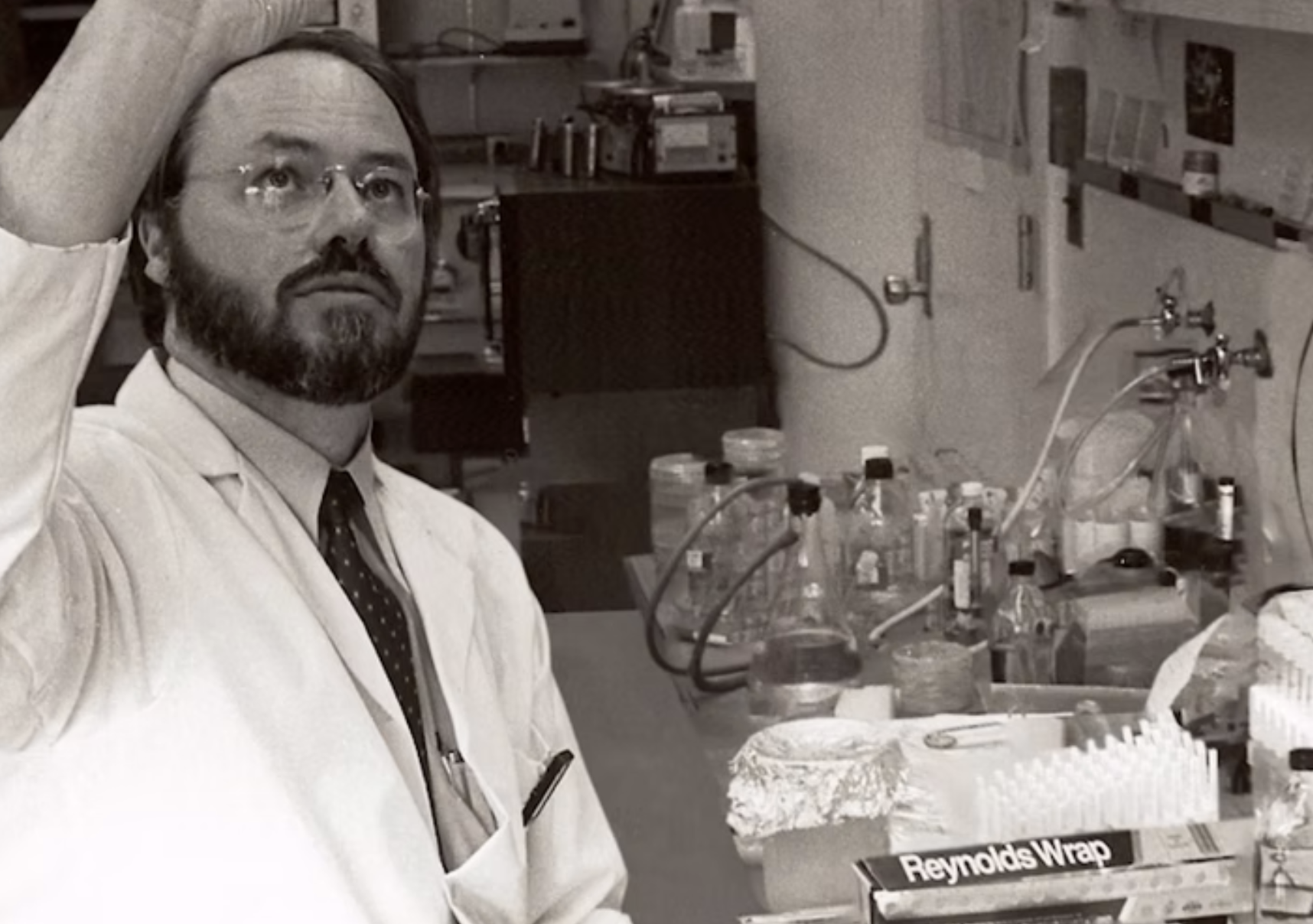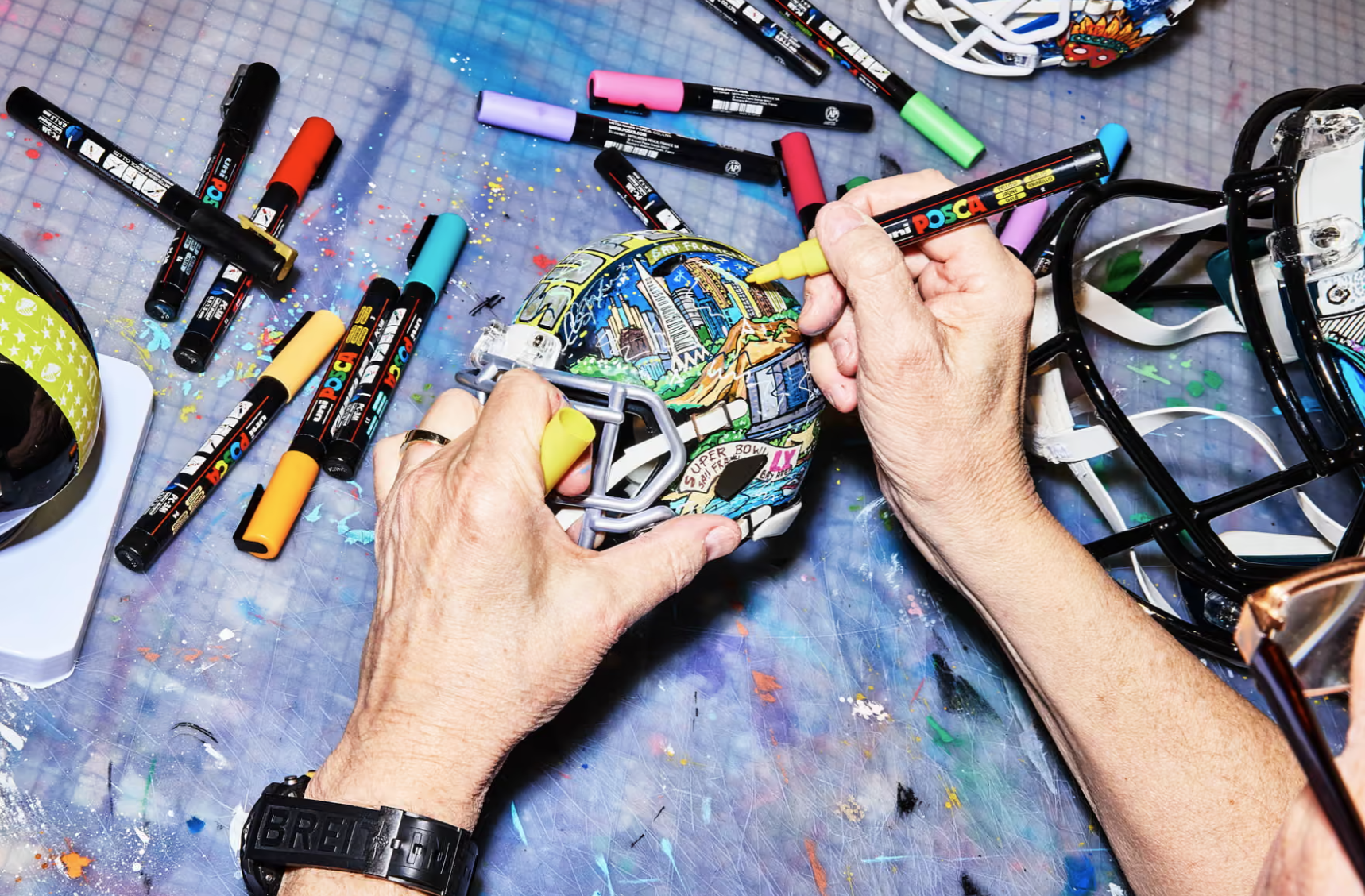In the intersection of science and art, biotechnology transforms the laboratory into a stage where the drama of life itself unfolds, blurring boundaries between creator and creation.
Biotechnology as theatre refers to using performance, narrative, and audience participation to dramatize scientific processes. Like Eduardo Kac’s glowing “GFP Bunny” Alba or Critical Art Ensemble’s participatory genetics experiments, these works invite viewers to become co-creators in unfolding biological narratives.
This approach shifts focus from static objects to dynamic processes. When audiences interact with living organisms or make ethical choices about genetic modifications, science becomes a lived, shared experience rather than abstract knowledge.
The power lies in bridging science and society through embodied storytelling. By transforming complex biotechnology into relatable narratives, these performances make the invisible visible and the technical personal.
As the lines between laboratory and theatre continue to blur, we’re invited to question: Who controls biotechnology? Whose voices are heard? How do these technologies reshape our relationship with life itself?






